Amid ongoing doctor’s strike, NHS urges patients to visit A&E only for life-threatening symptoms. See the seven critical signs that warrant emergency care.
Strikes Put NHS Under Pressure Nationwide
As thousands of resident doctors across the UK continue their industrial action demanding better pay, the National Health Service (NHS) is urging the public to make informed choices about where to seek care. The strike, set to continue until 7 a.m. on Wednesday, July 30, is impacting hospitals across the country—including major centres like the Bristol Royal Infirmary.
A&E Reserved for Life-Threatening Cases
While emergency departments remain operational, they are prioritizing patients with severe or life-threatening conditions. Emergency Nurse Practitioner Pooja from Bristol Royal Infirmary emphasized that A&E should be reserved for only the most critical cases during the strike.
Seven Symptoms That Require Urgent Action
The NHS released a list of seven symptoms that should prompt immediate visits to A&E:
- Loss of consciousness
- Seizures or fits that do not stop
- Severe chest pain
- Breathing difficulties
- Signs of a stroke
- Severe, uncontrollable bleeding
- Thoughts of self-harm or suicide
Alternative Services for Non-Urgent Care
For those with less serious conditions, the NHS recommends using other medical services to help reduce pressure on emergency departments. Patients can contact NHS 111 online or by phone to get directed to the appropriate service, such as local GPs, pharmacies, urgent treatment centres, or minor injury units.
Appointments and Rescheduling Information
Patients with pre-booked appointments on strike days will be contacted by their healthcare provider if any changes are necessary. Otherwise, they are advised to attend as scheduled. The NHS and Gov.uk websites continue to provide the most up-to-date guidance.
Strikes Continue Despite Partial Derogation Agreements
According to NHS England, nine derogation requests were approved, allowing certain doctors to provide clinical care during the strike, while 18 were denied. These limited exemptions were negotiated to maintain minimal critical care coverage.
Call for Public Support and Patience
Health officials continue to ask for public understanding and patience as staff focus on treating the most seriously ill patients. The message remains clear: only visit A&E if absolutely necessary. For everything else, NHS 111 is the frontline for advice and direction during the ongoing strike.
For continuous coverage and real-time updates on Surrey’s environmental initiatives and community stories, keep following Surrey News

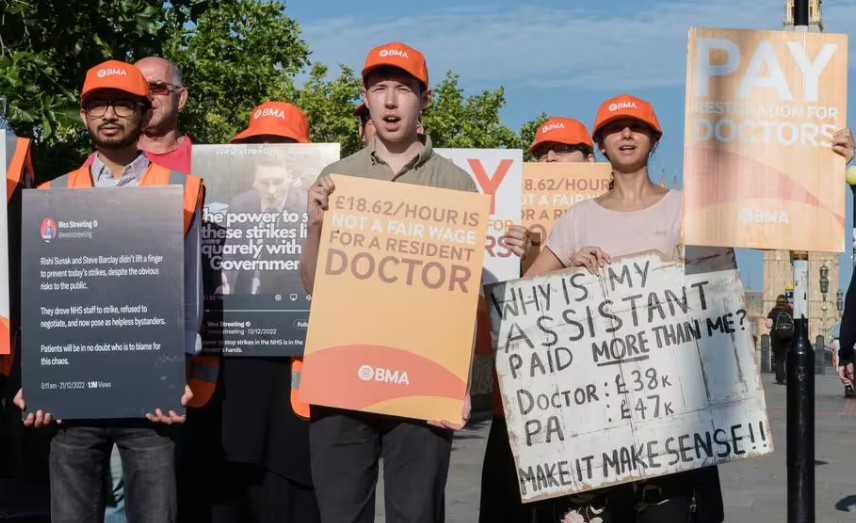
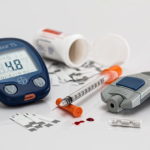

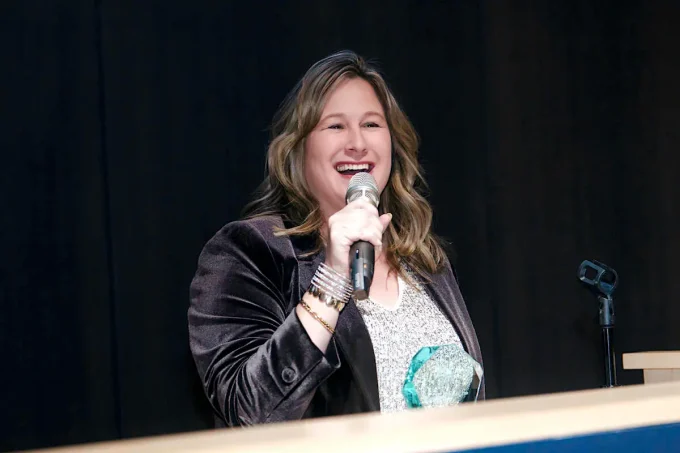
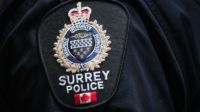
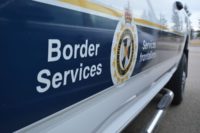
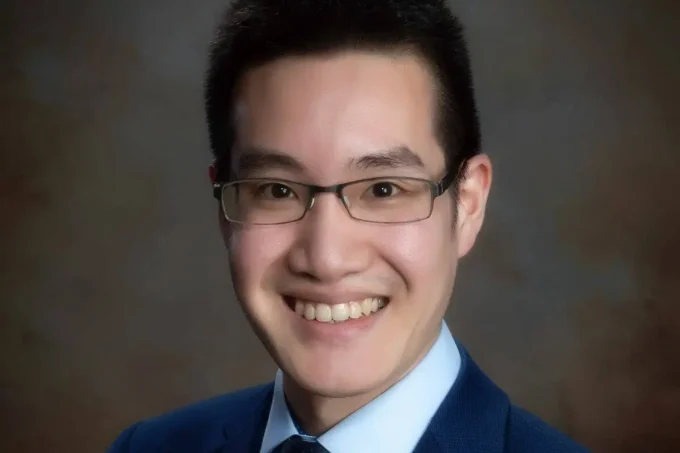
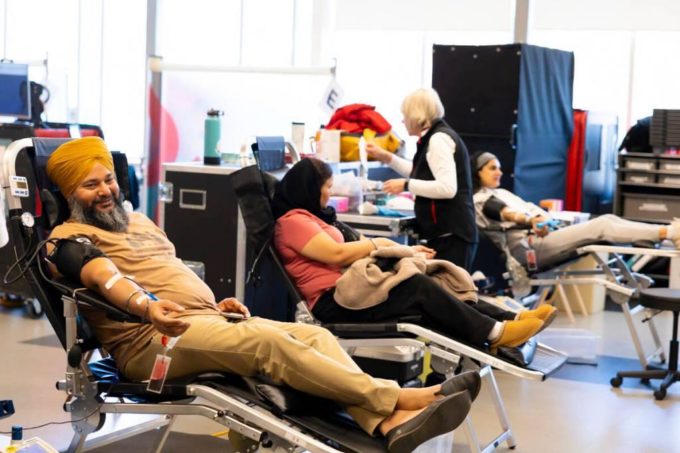


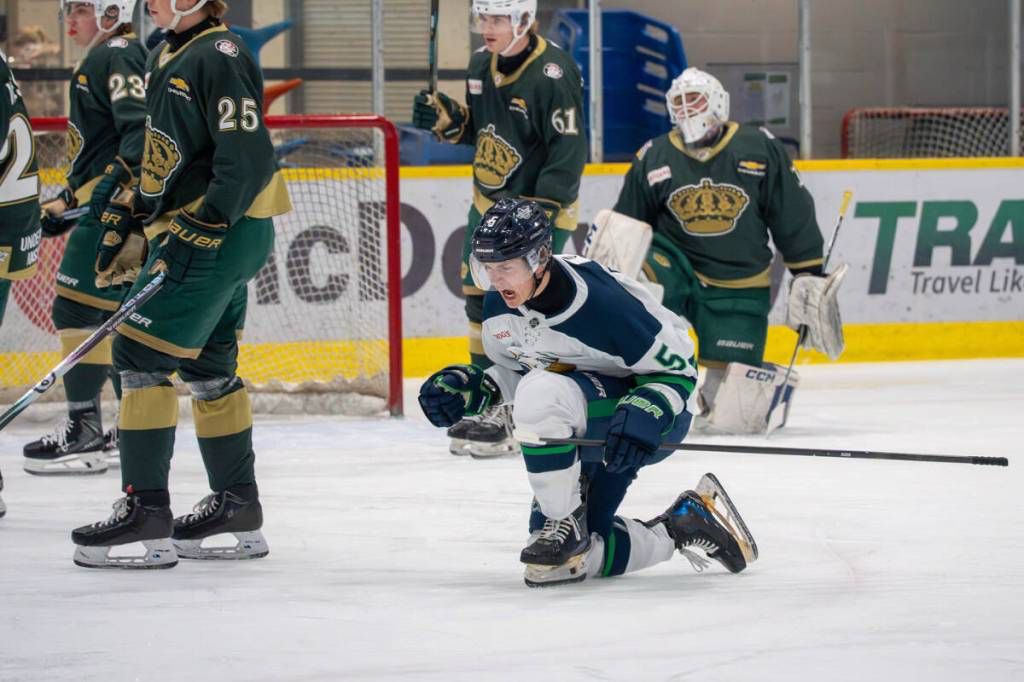
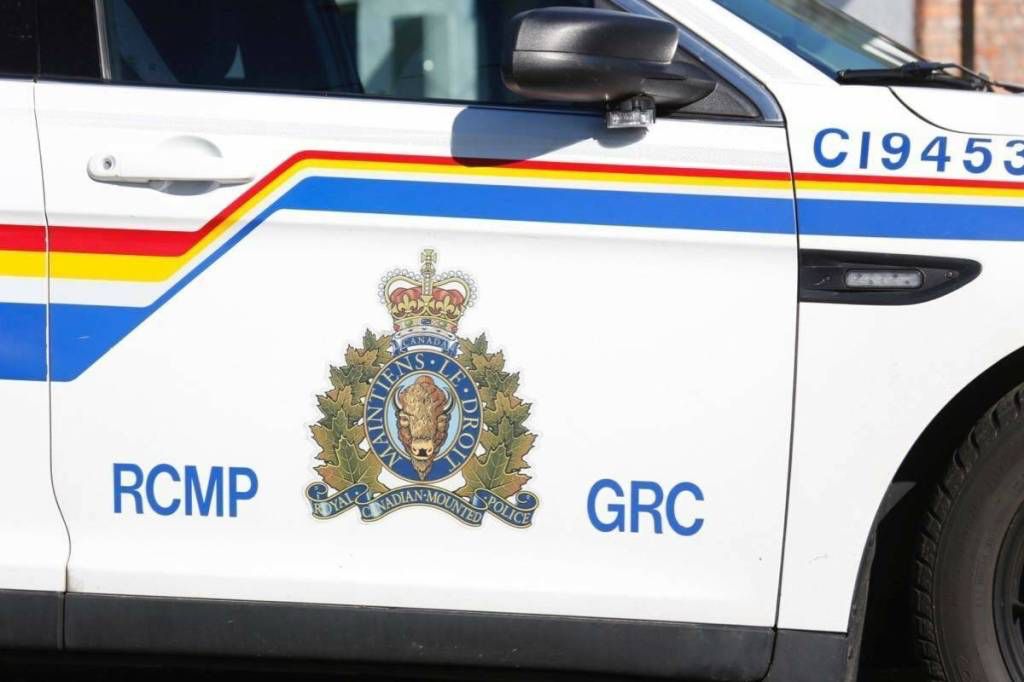

Leave a comment